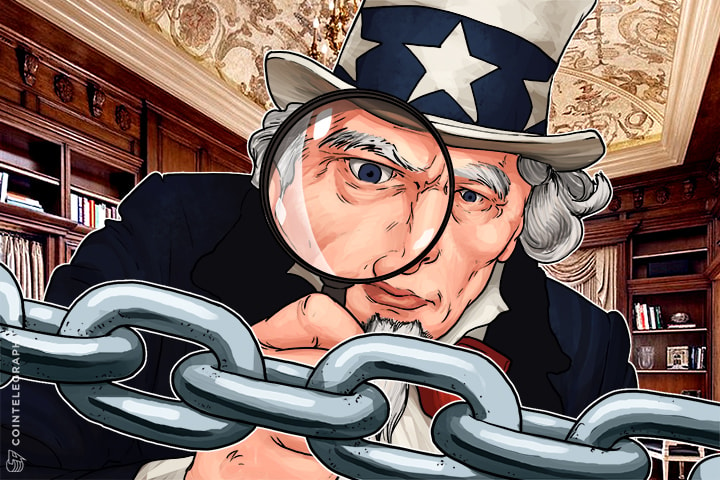With the 2016 United States presidential election looming just over the horizon, some of us now turn our thoughts to the process by which we will make our voice heard on November 8th, the process by which we will cast our vote.
We’ve heard at the close of the final presidential debate that voting is one of the “honours and obligations of living in this great country,” and as citizens, we want to feel that our vote is valuable. The question is, do we feel certain in the knowledge that our votes will matter? Is our government doing everything possible to ensure that this is the case?
2000, Drama in Florida
Back in 2000, the contested election between George W. Bush and Al Gore was plunged into a quagmire by the purportedly confusing nature of the ballot that citizens used to cast their votes. This resulted in the Bush v. Gore case that worked it’s way up to the Supreme court finally putting an end to the recounting of votes in Florida. As a millennial, I have some recollection of the drama that accompanying battle for Florida’s electoral votes precipitated.
Having grown up in the age of the personal computer, I can’t help but feel the method by which my fellow citizens were asked to register their preference for the leader of the free world is uncomfortably antiquated. Are these arcane conventions, like Congressional rulebook, inextricably entrenched or is it possible for us to do any better?
Close elections
Another arcane (shall we say byzantine?) system of transmitting valuable information is through the Society for Worldwide Interbank Financial Telecommunication (SWIFT) founded in 1973. This juggernaut is in the process of being disrupted by Ripple Labs, one of the world’s most innovative, and most successful, Blockchain companies. If Semantic Blockchain technology can potentially unseat SWIFT, which as of September 2010, linked more than 9,000 financial institutions in 209 countries, exchanging an average of over 15 mln messages per day, is it so implausible to suspect that a Blockchain might be able to disrupt the business model of voting machine manufacturers to bring more accountability to the hallowed task of recording the sentiment of America’s 146,311,000 registered voters?
In its most basic form, a Blockchain can be understood as a linked list which utilizes hash pointers to ensure that the record is appended only, that data once written cannot be modified or erased. More complex instantiations of Blockchain technology adopt many of the properties of the data structure that facilitates the Bitcoin cryptocurrency.
A data structure with such properties would doubtless have come in handy in the highly contested 1948 Democratic Party primary in the state of Texas. The race that pit the then Congressman Lyndon Baines Johnson and the acting governor Coke Stevenson against one another for the party nomination. The same race wherein Johnson claimed victory by a margin of 87 votes out of 988,295 cast, amidst rampant allegations of voter fraud. It’s asserted prominently in the book Means of Ascent (1989) by Robert A. Caro that Johnson stole that election and in so doing, forever changed the course of the American history. The election having set the stage for Johnson to assume the presidency in 1963.
Civic engagement
The idea of preventing such miscarriages of voter preference by means of electronic voting has already been popularized in the Baltic nation of Estonia, where the 2007 Estonian parliamentary election was implemented by means of internet voting, a worldwide first.
Civic engagement in the United States is not nearly as robust as it could be especially among the millennial generation. Blockchain technology has already done much to shake up the global finance industry and inspire passionate young people to engage with the intricacies of payment processing, a hitherto lacklustre subject. Is Blockchain a potential impetus to increased participation in our democracy? The work going on at the Chamber of Digital Commerce under the leadership of Perianne Boring, advocating for this nascent technology will create the necessary space for the world and our nation to find out.


